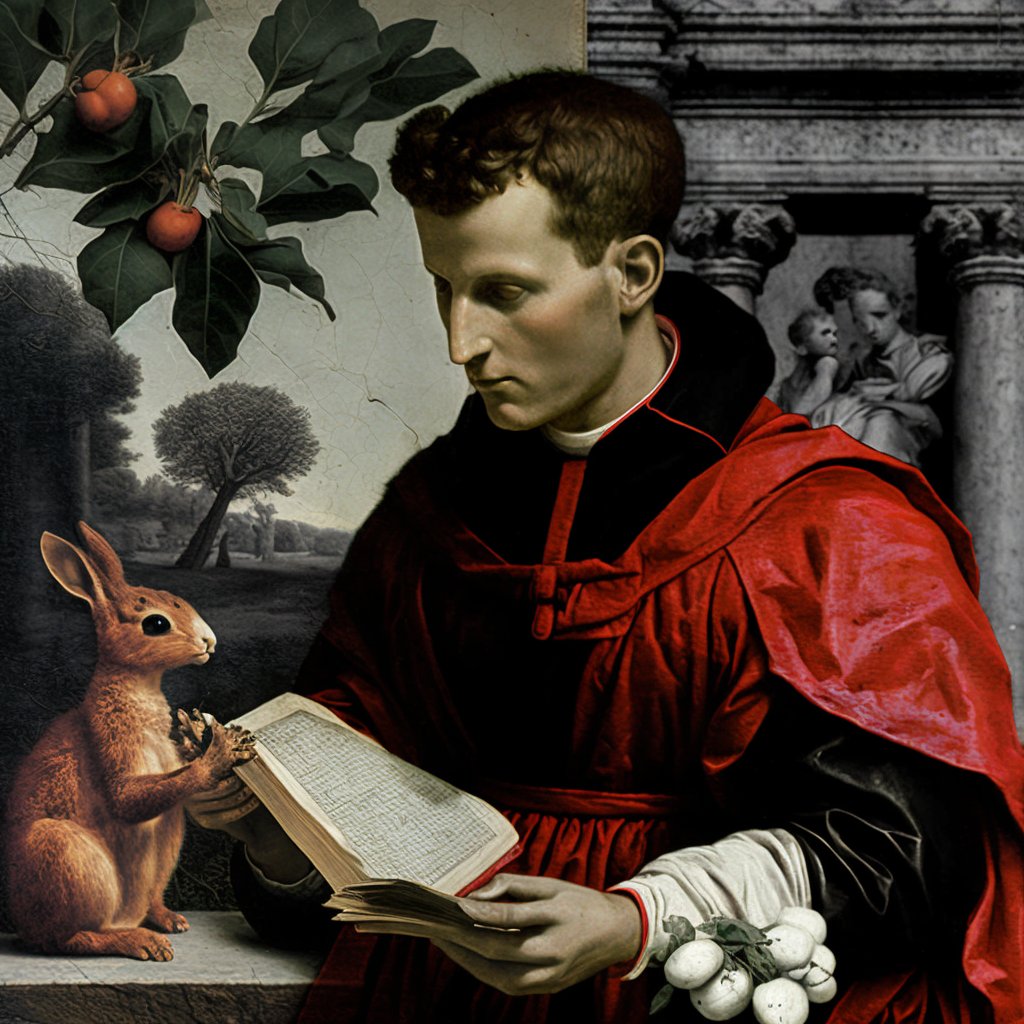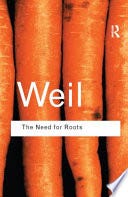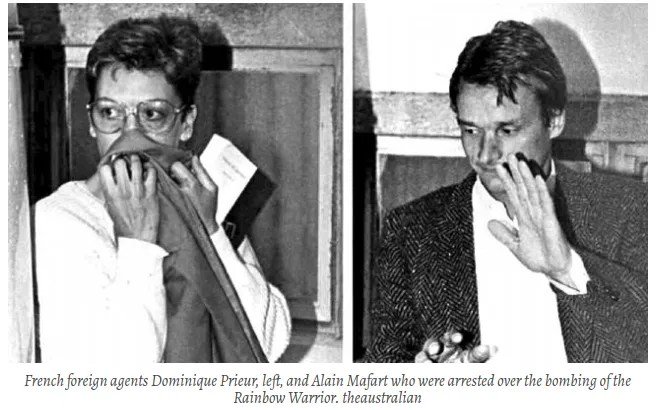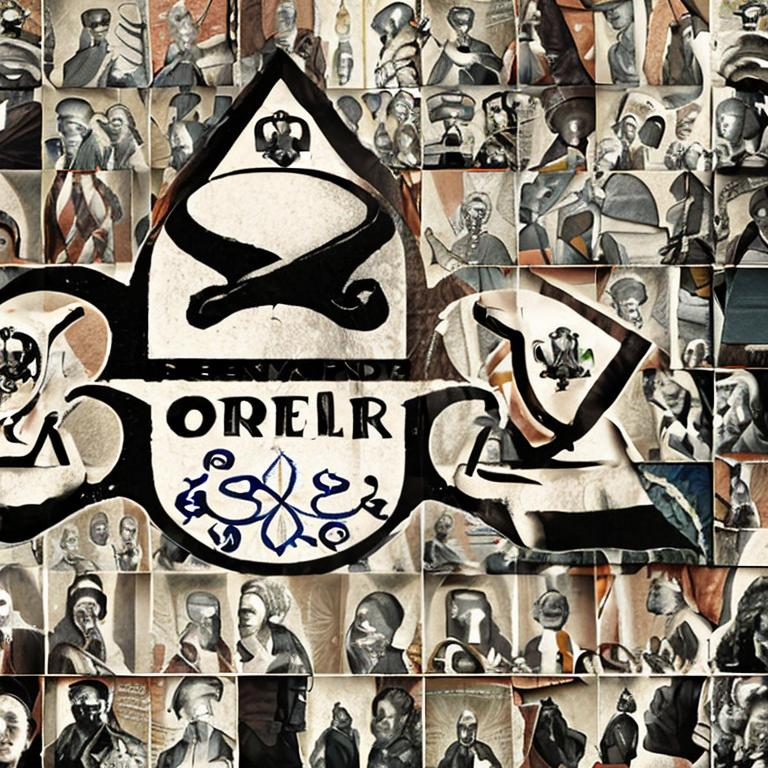
The need for worlds
Simone Weil and The Need for Roots as an example of the world-bulding urge, and its sub-urges to order order, when/as\how we should should
Originally posted on substack in July 2023.

There are many people whose names pass me by and for decades I nod and think, must read them one day. Recent chatbots have developed greater facility to 'read' vast amounts that informs a corpus of hindsight, used as an index when they interact with us. Two chatbots have tried to inform me that the corpus and the interactive chats used to refine the models are different things. I tried to disagree with them but they refused my instructions to regard them as the same thing. Sweet contradictions. They were 'right'.
One of these names I feel I should read has been Simone Weil.
And by ‘must read them one day’ I do not mean look them up in a reference work, though of course I do not know French well enough to try my hand at the original. Anyway two decades ago publisher Routledge put out a series of very well-produced paperbacks on significant thinkers, and I have been cataloguing a number of them including The need for roots (Routledge, London, 2002 ISBN 9780415271011). This is Simone Weil’s last book written in 1943, it was commissioned “to outline a plan for the renewal of Europe after the scourge of Nazism” (blurb). (Hmmh, means it is out of copyright at that publishing time two decades ago? Renewed by way of anew introduction?)
Anyway, if I read it how will it my own corpus of textual machine, my own self-training? (considering Sina Alemohammad, et al’s Self-Consuming Generative Models Go MAD. 4 July 2023. arXiv.org).

T. S. Eliot (who I know so well from Catholic high school Eng-lit. classes; no link) (and mark that as a corpus warning) introduces Weil's book by way of some warnings about the effort required to know this saint’s life and thought. Basically, please don’t jump up and leave at the first WTF moment.
My first moment, mind, if not an actual WTF, was on page IX of his preface. It was a very slow evening.
The key term here was the ‘universalist’ approach in religion, in which all ‘religions’ are expressions or facets of the-one-mystery. This leads to eclectic or mealy-mouthed practices. Eliot was keen as a Catholic to disavow those misdeneanours for Saint Simone.
I see this ‘universalism’ as the last refugee of the hopeful, as an aspect or outcome of the worldbuilding urge once it comes across the variety and depth of practices we call and constrain into a box recently labelled 'religion', when we choose not to build universalist catholic empires of the one this and the one that and in the darkness bind them into power and empire and shit.
Worldbuilding, I argue, is what universes us, and what religion/empires try to capture —as in capitalise (— and build their wealth in the stock of slaves held on their latifundia, or more recently, the consciences attending mass in parish churches. If not in body then in soul.) Universalising then (if we must give priority and primacy) is a handwaving at it all later, when we know more, with compassion and empathy. (There is a lot of talk by many various people including Weil and Nietzsche about the links betwen slavery and Christianity… —why hold them in chains when one can bind their minds with belief. We get the word religion from a post-Roman Latin usage: religare - to bind together)
For religions are artefacts of empire, and/or vice versa, and so both are parasites on the worldbuilding urge, even as they are co-evolving outcomes of the worldbuilding urge. Successful parasites at that, faking it until they break it, as they will.
So Weil is also actively engaged in this worldbuilding process, and in being commissioned to do so by the end of WW2, is slightly more conscious of it than most. (And so regarded as a founding saint.)
A lot of the book (part 2 & 3) is about France, for which she was starving herself to death in solidarity with (this is the saintly part) in England (where the food wasn’t great either)(hmm, maybe it was just the English dietary options). This Frenchy stuff I do not care about because I am old enough to be young enough, dear francophiles, when the… —Sinking of the Rainbow Warrior happened.

Americans do this too. Imperial universalist outreach thinking of the ever-shrinking soul. The parish is the universe. (At the time of writing there is a Greek-American from Chicago socialmedia-ing around saying that the [Australian] actress playing Barbie shouldn’t 'put on' an Australian accent when speaking to the media. FFS) (Russian imperialist goes so far as to say you do not exist before invading you.) As Vlad Vexler says empires never know where their borders are, neither on the map, nor in peoples’ heads.

Anyway, to quote from Simone Weil on page 4:
Obligations remain independent of conditions. They belong to a realm situated above all conditions, because it is situated above this world.
If world=France, or even Empire, this is obviously wise to remember, metonymically or not. I suspect that world=parish is wrong though.
If the world does not exist, the same way the self is a delusion, then besides some empire wanting to invade it to secure security as a state of mind, then these obligations are situated above nothing.
However, the takeway here is not some contradiction I’ve set up because I am using my own framework to disrupt Simone Weil’s commissioned intention, (we’ll get onto contradictions at a later time), but that, this quote examples the worldbuilding urge itself.
Regardless of any errors. The urge urges us to world and make mistakes, and learn from them so it is all part of the "plan" which here means not intention but "it's complicated".
In this case we have an exampe of a meta-shoulding of what shoulding should should, and when, how, who, etc. Even the claim itself that obligations or duties gazump and trump rights is evidence of this urge. Not sure if the urge to should is smart enough to handle recursions of this sort. Not that it cares mind.
It is an example of the world-building urge that shoulds itself into the world, here in Simone Weil though, as something above the world.
Now, giving priority and seeking originary forms is a strongly felt sub-instinct we are given to, when we should, as it helps us make everything cohere, which is a sympathetic type of magic we used to create order. That will-o'the-wisp we see before us, that light on the hill.
The word doesn’t exist therefore we have to invade it, I mean order it, I mean cohere, I mean… —it. World build.
It is not a soveriegn right, that's another meta-mistake. Or the same mistake as wierdly this coheres with Weil's position on the hierarchy here between needs/obligations and rights.
Of course, like the empire invading that which does not exist in order to create security, we give priority and acknowledge primacy in order to create order where there is none, or, more likely, fear there will be none. Even if fear creates the world we mistake for our good selves, the way one can mistake one's hat for a spouse.
Here, sadly, chaos will often ensue when we square the circle of our desires and preferences, in practice and in mind; for the path to stability leads to change.
In part one, Simone Weil’s list of obligations (She diss-es rights demanded by feudal-born revolutionaries)(hear, hear) that are vital to humans (and thus the French and vice-versa) are the human needs for:
Order
Liberty
Obedience
Responsibility
Equality
Hierarchism
Honour
Punishment
Security
Risk
Private property
Collective property
Truth
I do like the way needs & obligations are slashblurred together.
It could be seen as a grab-bag, or perhaps a mindmap filled out after a brainstorming session with a view to making a more practical outcome later…
But the structure it uses, lies in notions of contradictions allowing the human creative spirit to engage with life. It basically throws the (mystery of this ability as process) into the… gap as a methodology of the inquiring consciousness (this is gained from her teacher René Le Senne I believe).
This is a similar thing to what I am trying to explain when I talk about ‘the blur’ and in my orthographic experiements use of the slash ( / & \ )to de-focus default practices of thought that our categories blind us to with in their glowing practical success elsewhere. So, I’ll need to explore this more both as an example of worldbuilding (however unaware-but-aware it is of being such a thing) when I explore more on dedifferentiation, or indeed, deindividuation.
Postscript 7 July 2024 : Wrote this night on a year ago, it still makes sense to me. I can see how my language has already changed since then. Will migrate and tighten this one up soon. Hat tip to Ernest for the reminder, by way of https://existentialcomics.com/comic/482
22 Spetember 2024. Finally migrated it.
